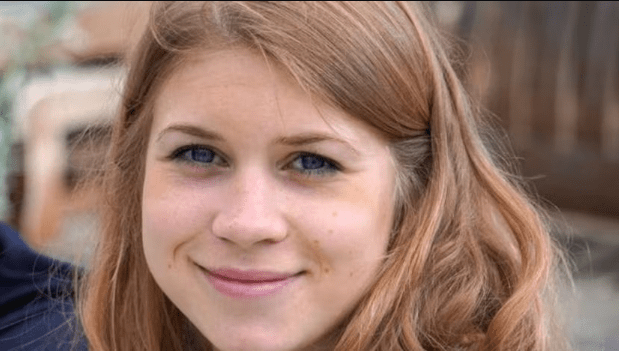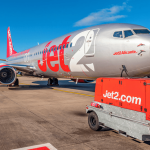Survey to Address Culture, Vetting and Misconduct in Forces Across England and Wales
Police officers and staff across England and Wales are being called upon to contribute their experiences and insights into workplace culture as part of the ongoing Angiolini Inquiry. This national investigation was launched following the abduction, rape, and murder of Sarah Everard by off-duty Metropolitan Police officer Wayne Couzens in March 2021.
The second phase of the inquiry, chaired by Lady Elish Angiolini, seeks to delve deeper into systemic issues within policing, particularly in relation to recruitment, vetting procedures, and internal misconduct.
A workforce survey, unveiled on 31 March, invites serving officers and staff to candidly share their views on these critical matters. It follows the findings of the inquiry’s first report, which concluded that Couzens should never have been appointed as a police officer.
Lady Angiolini’s report detailed a series of missed opportunities where Couzens’ predatory behaviour could have been intercepted. Without urgent reforms, she warned, there is “nothing to stop another Couzens operating in plain sight”.
Culture, Standards and Women’s Safety Under Scrutiny
The newly launched survey aims to support part two of the inquiry by identifying whether failures exposed in the initial phase—such as ineffective vetting and substandard responses to sexual offence allegations—are still prevalent across police forces.
It also intends to explore the broader cultural environment within policing, with a particular emphasis on the safety of women in public spaces.
Lady Elish encouraged widespread participation: “Over the last three years my inquiry has engaged with many officers and staff. I’m always encouraged by the commitment to serve the public. This survey opens the opportunity for all staff and officers to have their voices heard.
If you’re a police constable, a staff member or involved at any level in protecting the public on a day to day basis – this survey is for you, please take the chance to participate.”
The survey will remain open for six weeks, closing on 9 May. Police staff are advised to consult their respective force home pages for information on how to take part.
Continuing the Fight for Accountability and Justice
Wayne Couzens is currently serving a whole-life prison term, with no possibility of release, for the killing of Sarah Everard. His case has become a symbol of the need for profound change within the ranks of UK policing.
Looking ahead, the third stage of the Angiolini Inquiry will examine the crimes of David Carrick, another officer formerly stationed in the Met’s Parliamentary and Diplomatic Protection Command. Carrick was exposed as a serial rapist and sentenced to life imprisonment last year, further intensifying calls for reform.
In a parallel effort, Sarah Everard’s parents, Jeremy and Susan Everard, have launched a new campaign group—Justice for Victims—aimed at securing tougher sentencing for serious violent and sexual offences. The group was officially introduced in Parliament last month, reflecting growing public demand for greater accountability and stronger protections.
Overview of the Sarah Everard Incident
In March 2021, Sarah Everard, a 33-year-old marketing executive, was abducted while walking home in South London. Her disappearance sparked a nationwide search and widespread concern over women’s safety in public spaces. Days later, her remains were discovered in woodland in Kent.
It was soon revealed that her killer was Wayne Couzens, a serving Metropolitan Police officer in the Parliamentary and Diplomatic Protection Command. He had used his police warrant card and handcuffs to falsely arrest Ms Everard under the pretence of breaching COVID-19 regulations, before abducting, raping, and murdering her.
The case sent shockwaves across the UK and ignited public outrage over police conduct, vetting failures, and the culture within law enforcement. Couzens was sentenced to a whole-life order, meaning he will never be released from prison.
His crimes became the catalyst for the Angiolini Inquiry, a full-scale independent investigation into how he was allowed to remain in the police and what systemic changes are required.






